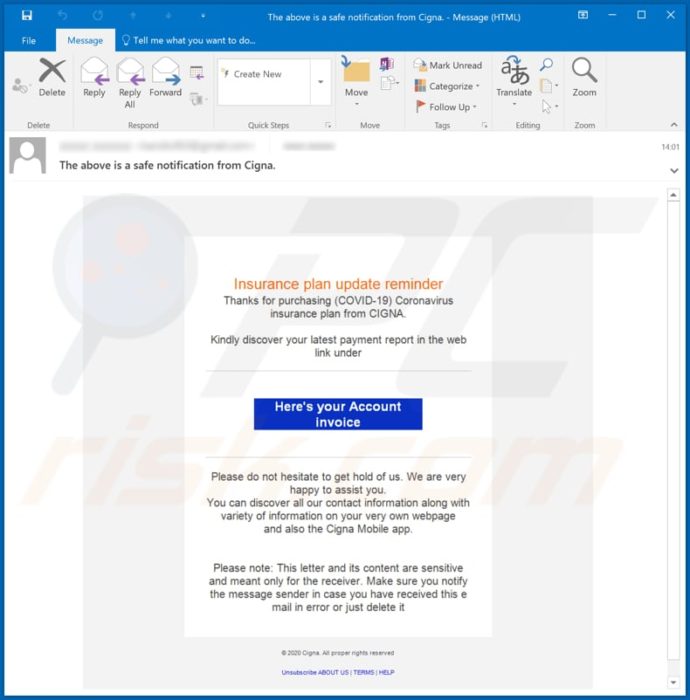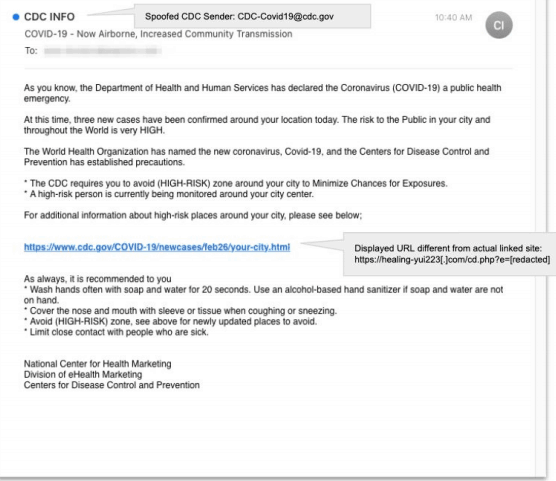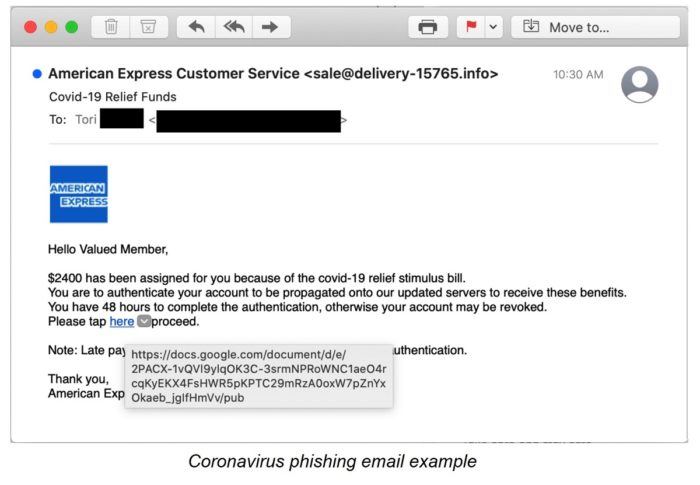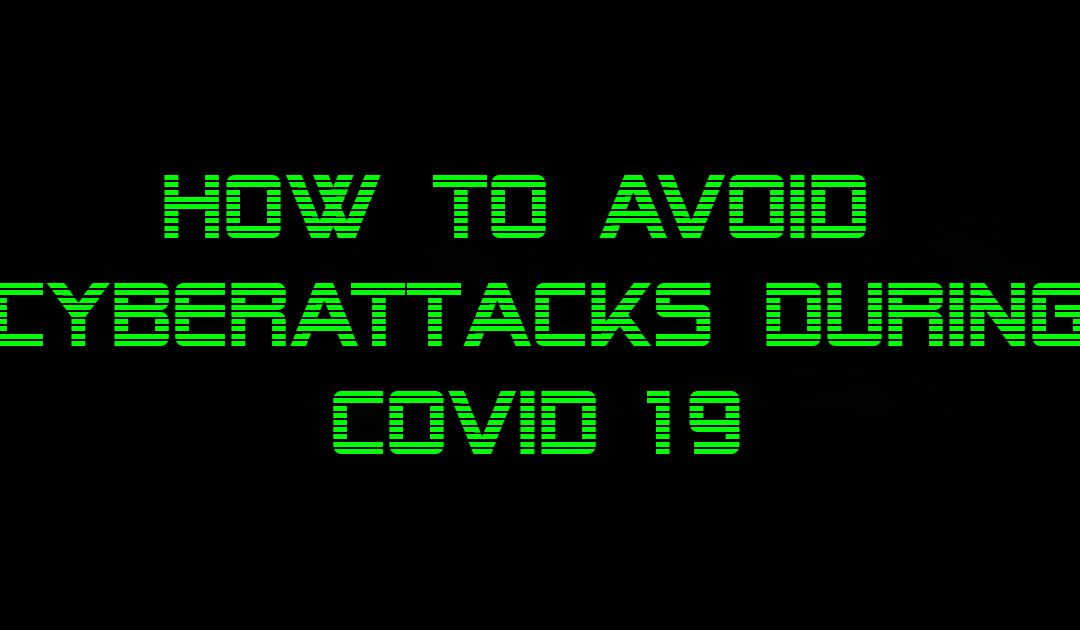We know it’s another COVID-19 article! AAAAAH! Don’t worry, it’s okay, and it’s to be expected right now during these troubling times. However, this isn’t your everyday news report – we’re going to talk about the cyber-attacks that were going on. Yes, we’ve talked about these attacks numerous times in past posts. Still, if you look at everything today, you would think that even with the ceasefire request by the UN Under-Secretary, Liu Zhenmin, to stop all cyber-attacks right now, they are extremely rampant. Some of these attacks are even from scammers right here in the United States!
So how do you know if you’re safe from these? Well, education is the first step – and that’s what we’re going to do. Some cyber-attacks are pretty common and rampant right now (even more so during the pandemic).
Table of Contents
Hitting the Health Officials
China, the country that the entire pandemic seemingly started in, is tackling its problem with cyber attackers. Numerous hackers from Vietnam and other countries have been attacking health officials with phishing emails with a tracking link. It let the hackers know that someone opened the vicious link and can deliberately open up back doors, viruses, and other malware so that attackers could steal information – from everyone in the Ministry of Emergency Management, the government officials themselves, and even more so – numerous people that the government has information on.
Phishing Attacks Are Spreading
Since the early days of the pandemic, numerous people are starting to act as a bank or even a member of the office to attack businesses and create a hi-jack situation. Malicious emails went through the roof after the pandemic spread worldwide.
Hackers are trying to get everyone’s data, steal pertinent information from companies, and, even more importantly – steal money from the companies. This can create a chain reaction that puts malicious cyber-attacks into even more disastrous loops. Check out this elaborate phishing scam where the hackers pretend to be from Cigna.

A group of hackers is sending phishing emails pretending to be from Cigna to steal your data using cyber-attacks.
COVID-19 Exposure Warnings
Not only by email, but also by text message – and even phone calls in some cases – people are facing more and more issues with robocalls, auto texters, and cyber attacking criminal emails that use fear tactics to the extreme; stating that someone’s got COVID-19 that they’ve been around, and alerting fear. It often tells people to click a link that will also hack the user and create the above fraudulent activities and opens the hacker up to the person’s device. This has grown phenomenally out of control, and some of these people have even succeeded.

A COVID-19 phishing text has been making the rounds leaving unsuspecting victims vulnerable to cyber-attacks.
Whatever you do, if you are exposed to someone with COVID-19, you’ll get a trusted phone call from whichever hospital tested you. You’ll receive accurate tracking, and you’ll never get a text message from an authorized official or medical facility with a link telling you who you were exposed to. Just don’t click it.
Landing Pages a Plenty
People have been getting government announcements related to the pandemic in their emails as well. This is one of the worst scenarios because it’s sometimes hard to know if they’re a phishing email or one that’s legit (at least to some people). When users click the link, the attackers are even creating websites that are VERY closely mimicking the different federal organizations that are extremely popular.
One thing to watch out for is the “request for information.” Unless you try to sign up for something yourself from a government website, you won’t be asked to provide ANY information like this…

Here is an example of a phishing email from the CDC that you should not click on. Hackers are now spoofing emails like these to gain access and perform cyber-attacks.
The Business Loan Phishing Scams
Businesses are mainly being targeted with these phishing scams that are closely copying the likes of the SBA – the company in charge of many business loans available due to the pandemic and the PPP (Paycheck Protection Program). Hackers watch their news, and they know what’s going on. They’re even trying to send people messages to get their bank account information by saying that users have to enter it to complete their loan applications or get their stimulus checks direct deposited into their account.

Hackers pretending to be from American Express are offering relief for some businesses. Just Kidding, they are trying to trick you with one of their cyber-attacks.
The Final Conclusion?
Hackers are everywhere! You would think that during a pandemic where it stops the world, they may stop as well? Or maybe they may even stop themselves because they could be sick? Unfortunately, this isn’t the case, and cyber-attacks flooding your inbox probably won’t stop anytime soon. So, what can you do? In any disaster, you must educate yourself and be aware of as many fraudulent things as you can.
You need to look at any emails you receive and any websites you visit extra carefully. It would be best to trust in a rock-solid IT Management company to help keep you safe. Failure to do any of these things could leave you vulnerable to being breached.

